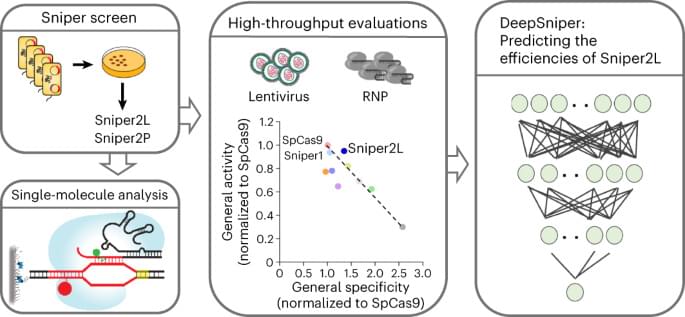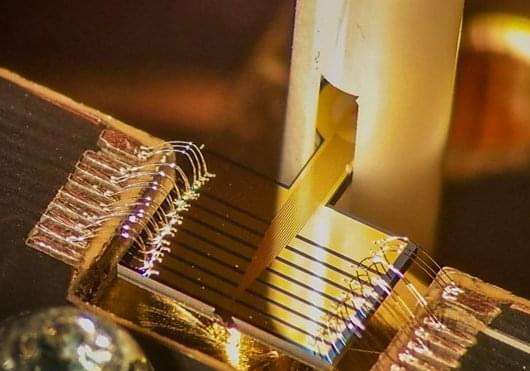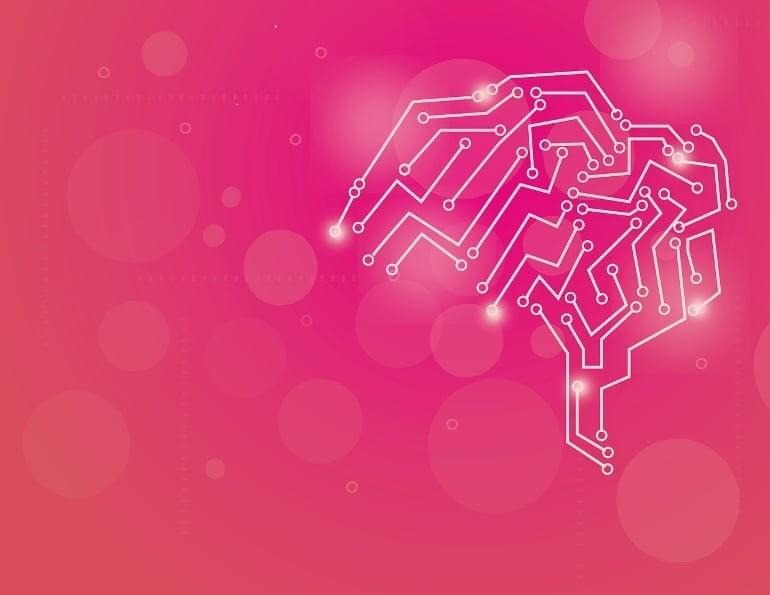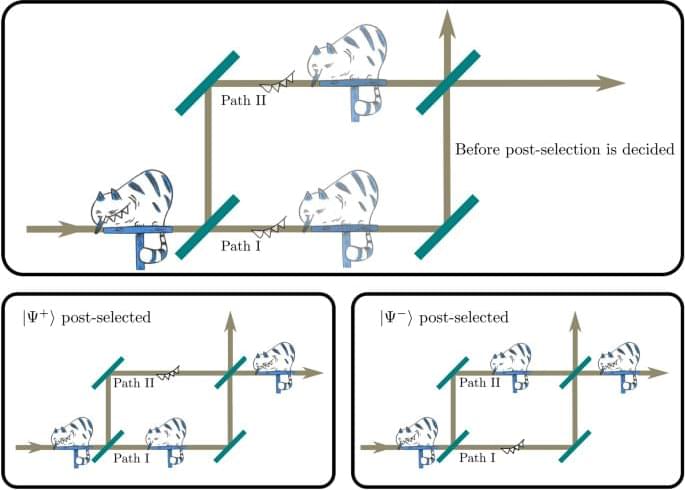By Ankita Chakravarti: ChatGPT, which is the fastest growing app in the world, has competition now. After Microsoft’ Bing and Google’s Bard AI, Anthropic, which was founded by former OpenAI employees, has launched a new AI chatbot to rival ChatGPT. The company claims that Claude is “easier to converse with” “more steerable.” and “much less likely to produce harmful outputs,”
Claude performs pretty well and has the same functions as the ChatGPT. “Claude can help with use cases including summarization, search, creative and collaborative writing, Q&A, coding, and more. Early customers report that Claude is much less likely to produce harmful outputs, easier to converse with, and more steerable — so you can get your desired output with less effort. Claude can also take direction on personality, tone, and behavior,” the company said in a blog post.
Anthrophic is offering Claude in two different variants including the Claude and Claude Instant. The company explains that Claude is a “state-of-the-art high-performance model”, while Claude Instant is a “lighter, less expensive, and much faster option.” “We plan to introduce even more updates in the coming weeks. As we develop these systems, we’ll continually work to make them more helpful, honest, and harmless as we learn more from our safety research and our deployments,” the blog read.








